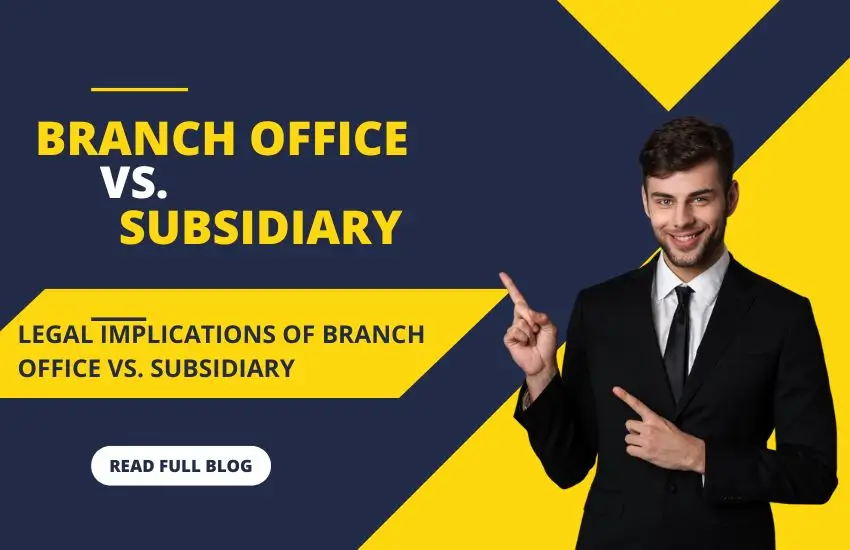Understanding Breach of Contract

How to Buy safemoon, Crypto
October 1, 2024
Pal World Breed Calculator: A Comprehensive Guide
October 3, 2024Introduction
A breach of contract occurs when one party fails to fulfill their obligations as specified in a legally binding agreement. Contracts are essential in both business and personal relationships, providing a framework for the expectations and duties of the involved parties. Understanding the nuances of breach of contract can save you time, money, and stress.
Table of Contents
Types of Breach of Contract
Minor vs. Major Breach
One of the first distinctions to make is between minor and major breaches.
- Minor Breach: This happens when the non-breaching party still receives the primary benefits of the contract, but the breaching party fails to perform a part of the agreement. For example, if a contractor completes a job but uses a different type of paint than specified, this may be considered a minor breach.
- Major Breach: On the other hand, a major breach occurs when one party fails to perform a substantial part of the contract, undermining the entire agreement. Using the previous example, if the contractor fails to complete the job altogether, this constitutes a major breach, giving the non-breaching party grounds to terminate the contract.
Anticipatory Breach
An anticipatory breach occurs when one party indicates before the performance is due, that they will not fulfill their contractual obligations. This can be expressed through words or actions, and it allows the non-breaching party to take action before the breach occurs, such as seeking damages or finding an alternative solution.
Actual vs. Implied Breach
An actual breach happens when a party does not fulfill their contractual duties by the specified deadline or fails to meet the required standards. In contrast, an implied breach arises when a party’s actions, or lack thereof, suggest they will not meet their contractual obligations, even if they haven’t explicitly stated it.
Legal Implications of a Breach of Contract
Remedies Available
When a breach of contract occurs, several remedies are available to the non-breaching party:
- Monetary Damages: The most common remedy involves the payment of money to compensate for losses incurred due to the breach. This can include direct losses and any consequential damages that were foreseeable.
- Specific Performance: In some cases, a court may order the breaching party to fulfill their contractual obligations. This remedy is often used in cases involving unique goods or properties.
- Rescission of the Contract: This remedy allows the non-breaching party to cancel the contract and be restored to their original position as if the contract had never existed.
Factors Influencing Remedies
Several factors influence the remedies available, including the nature of the breach and the specific terms outlined in the contract. Courts typically consider how the breach has affected the non-breaching party’s ability to receive the benefits they expected.
Proving a Breach of Contract
Elements Required to Prove a Breach
To successfully prove a breach of contract, a party must demonstrate:
- Existence of a Valid Contract: There must be a legally enforceable agreement in place.
- Evidence of the Breach: Clear evidence must show that one party failed to fulfill their contractual obligations.
- Proof of Damages: The non-breaching party must prove that they suffered damages as a result of the breach.
Defenses Against Breach of Contract Claims
Common Defenses
There are several common defenses a party may use to counter a breach of contract claim:
- Impossibility of Performance: If unforeseen circumstances make it impossible to fulfill the contract, a party may not be held liable.
- Mutual Consent: If both parties agree to modify or terminate the contract, a breach claim may not be valid.
- Statute of Limitations: Each jurisdiction has a time limit within which a breach of contract claim must be filed. If this time limit has expired, the claim may be dismissed.
Preventing Breaches of Contract
Best Practices for Contract Management
To prevent breaches of contract, parties should adopt best practices for contract management:
- Clear Communication: Ensure that all terms are clearly understood and agreed upon by all parties.
- Regular Reviews and Updates: Regularly review contracts to ensure compliance and address any potential issues.
- Understanding Contractual Obligations: Parties should take the time to understand their rights and responsibilities fully.
Conclusion
Understanding breach of contract is essential for anyone involved in contractual agreements, whether in business or personal contexts. By recognizing the different types of breaches, the legal implications, and the best practices for prevention, individuals can navigate contracts more effectively and minimize the risk of disputes.
FAQs
What is a breach of contract?
A breach of contract occurs when one party fails to fulfill their obligations as outlined in a legally binding agreement.
What are the types of breaches?
The main types include minor breaches, major breaches, anticipatory breaches, and implied breaches.
How can one prove a breach of contract?
To prove a breach, one must demonstrate the existence of a valid contract, evidence of the breach, and proof of damages suffered.


